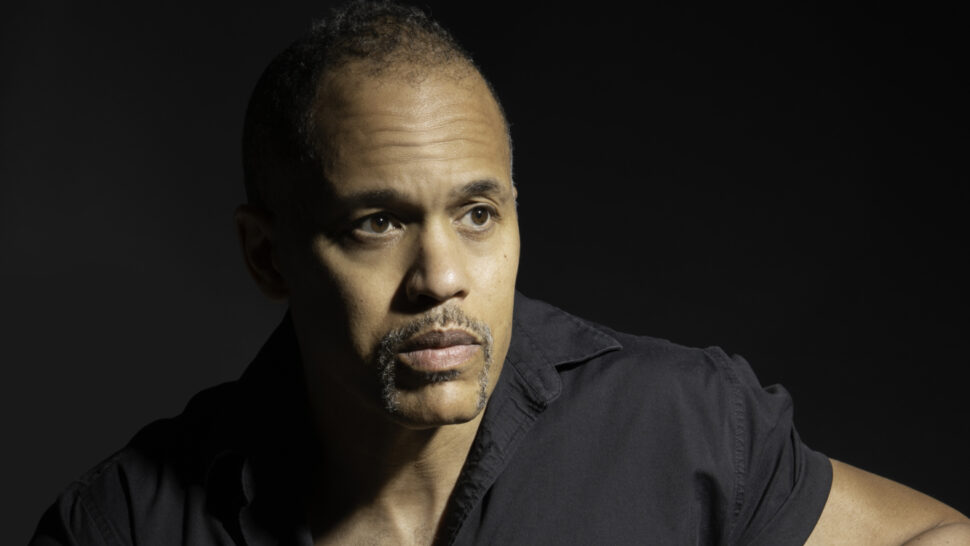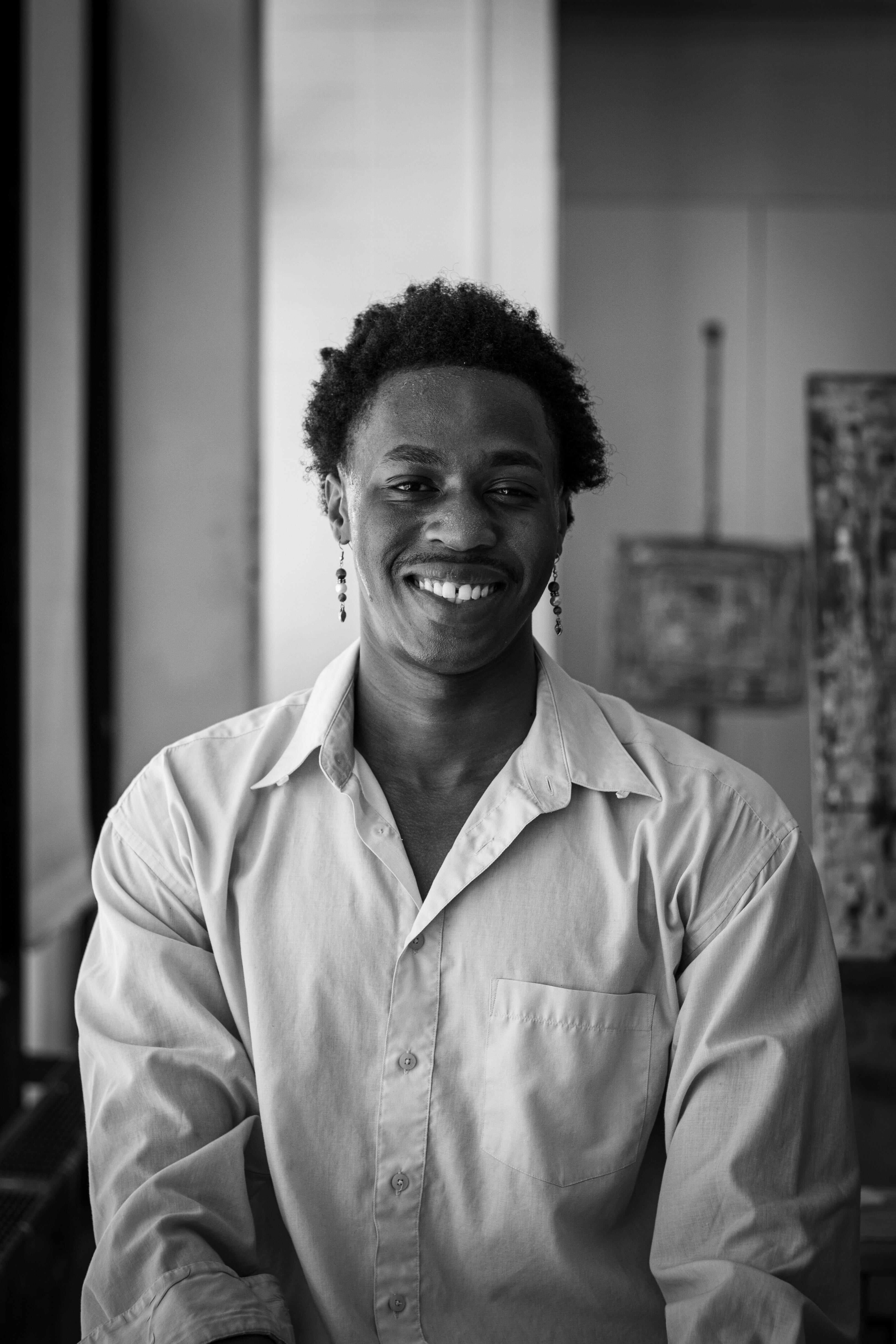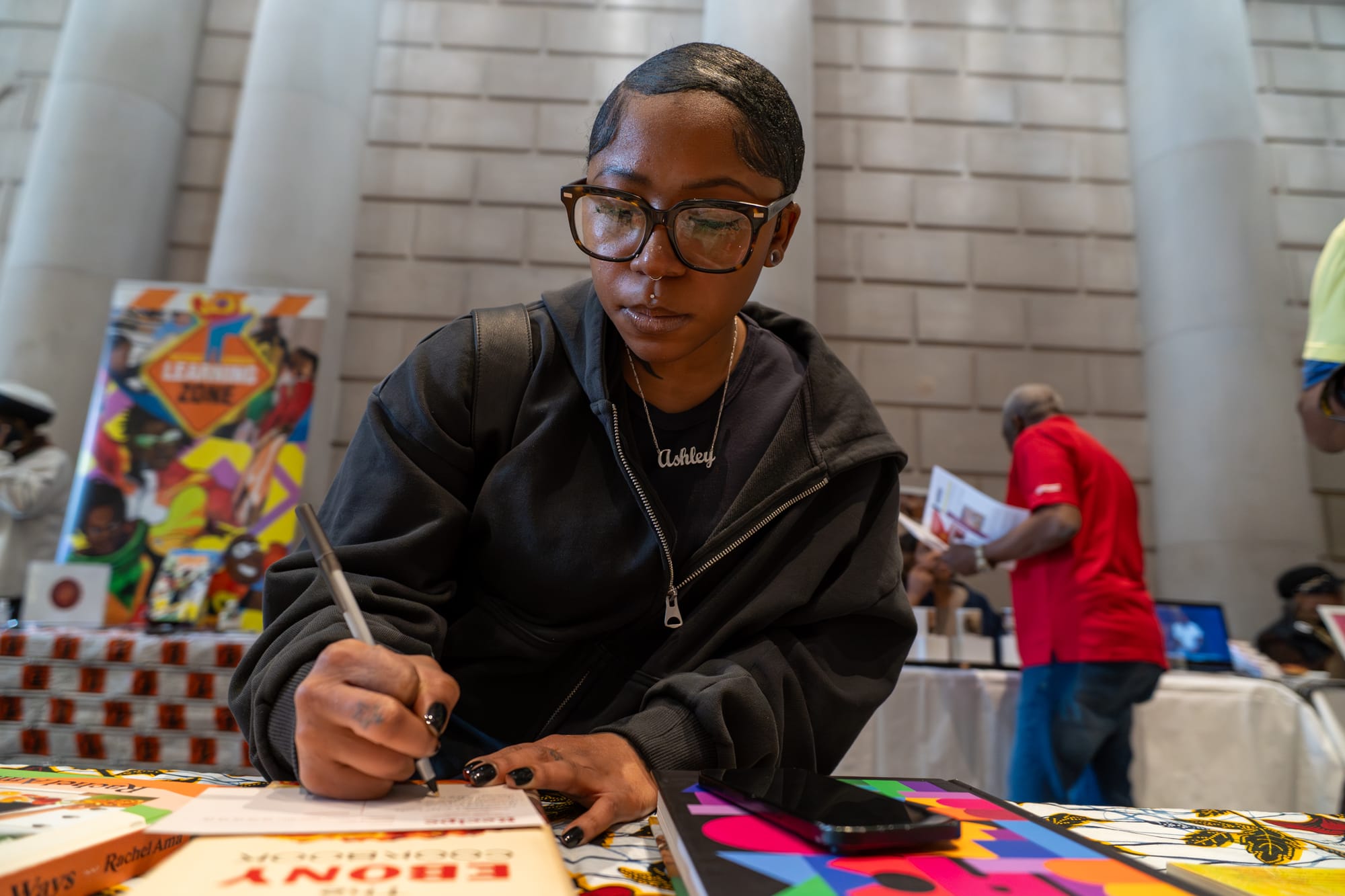Keith Hamilton Cobb Talks “American Moor” and Why This Art Is Needed Now
We had the pleasure of speaking with actor and theatremaker Keith Hamilton Cobb about his acclaimed play, American Moor, which recently concluded its successful extended run at Philly's Lantern Theatre.
The play premiered in 2013 with Cobb in the lead role, earning widespread acclaim for its incisive commentary on race, power dynamics, and representation within the American theater landscape.

American Moor follows an older Black actor auditioning for Shakespeare’s “Othello” as the eponymous lead, opposite a younger, white Yale grad directing the show. The actor must endure the ignorance of a director instructing him on how to portray a Black man’s struggle—an experience the director arrogantly believes he understands simply because Shakespeare wrote the character. The actor engages with the audience, vacillating between a feverish internal dialogue and the harsh reality before him.
With the Broadway production of Othello, starring Denzel Washington and Jake Gyllenhaal and directed by Kenny Leon, arriving this spring, plays like American Moor spark critical conversations. These are the conversations American theater often ignores, prioritizing the mystified "sacredness" of tradition—ultimately driven by profit and the preservation of whiteness.
Even with a juggernaut like Washington leading the play, will Othello have the autonomy to express his full humanity, or will he be refracted into a version most palatable to the mostly white, monied patrons of the Great White Way? Our conversation additionally delved into the state of the industry and its implications for Black artists and creatives.
Drawing from over 30 years of experience, Cobb brings profound insight to this discussion as we tackle the tough conversations often avoided about navigating the industry as a Black artist. American Moor creates a powerful space where the challenges of being Black in this business are candidly and unapologetically explored, using the stage to give voice to experiences that are often silenced. Above all, the play’s impact on me as a Black actor was deeply affirming—it validated the struggles I have faced and will continue to encounter while empowering me to carve out a path where my voice and identity are authentically represented on my own terms.




